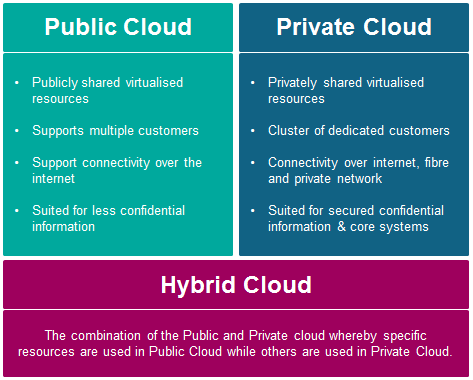Cloud Migration
Moving apps and services to the Cloud is a significant long-term trend, While cloud environments are generally scalable, reliable, and highly available. Markoni Provides migration of apps, servers and services to the cloud.
There are many scenarios that can take advantage of the benefits of a cloud migration.
- Your application is experiencing increased traffic and you’re finding it difficult to scale resources on the fly to meet the increasing demand.
- You need to reduce operational costs, while increasing IT effectiveness.
- Your clients require fast application implementation and deployment, and thus want to focus more on development while reducing infrastructure overhead.
- Your clients want to expand their business geographically, but you suspect that setting up a multi-region infrastructure – with all the associated maintenance, time, human, and error control effort – is going to be a challenge.
- You’re finding that keeping up with growing storage needs is becoming a problem.
- You’d like to build a widely distributed development team. Cloud computing environments allow remotely located employees to access applications and work via the Internet.
- Setting up a disaster recovery system for an entire Data centre can sometimes nearly double the cost, and also require complex disaster recovery plans. Cloud DR Systems can be implemented much more quickly and simply while allowing far better control over resources.
- Tracking and upgrading underlying server software can consume a lot of time. In some cases, a cloud provider will take care of this automatically. Some Cloud Computing models similarly handle many administration tasks like database backup, software upgrades, and periodic maintenance.
There are three kinds of migration to the cloud.
- IaaS – Infrastructure as a Service (AWS, Azure, Google Compute Engine).
- PaaS – Platform as a Service (examples: AWS Elastic Beanstalk, Heroku, Google App Engine).
- SaaS – Software as a Service (examples: Google Apps, Salesforce).

Here’s where you’ll have to make an important choice.
Those who would otherwise be fine hosting their applications in third-party datacentres, but would prefer to outsource the care of their physical infrastructure so they can concentrate more completely on developing, deployment, and monitoring, should select an IaaS host.
But if you prefer your applications to be portable, you might want to simply drop your code onto a robust PaaS platform that provides a full (and invisible) infrastructure environment. SaaS is a delivery model through which centrally hosted productivity software is licensed on a subscription basis.
| IaaS takes care of | PaaS takes care of | SaaS takes care of |
|---|---|---|
| Storage | Application Platform | CRM |
| Virtualization | Database | Business Management |
| CDN | Development | Security |
| Networking Compute | Integration | Tools |
Public, Private, or Hybrid?
Now, assuming you've chosen a cloud model, it's time to choose the cloud type. These are the three basic options: public (i.e., where your resources are entirely hosted by a cloud provider like Amazon's AWS), Private (where you create your own private cloud using a platform like OpenStack or VMware's vCloud), and Hybrid (where your resources are spread over both private and public platforms).

With its healthy mix of on-demand reliability, high availability, security and reduced operations costs, hybrid cloud implementations can be attractive. Going hybrid can sometimes give you the best of both worlds.
We will illustrate how hybrid can work through a hypothetical scenario.
Let's imagine that your web app is quickly gaining popularity and users. In order to keep up with the growing demand, you need the underlying resource to scale up dynamically. During peak usage, you should be able to deploy maximum resources serving requests, and when demand drops you should ideally be able to simply drop unneeded resources to save costs. Within a public cloud this is very much possible. But suppose the data your app gathers are highly confidential and just can't be stored off-premise. This is where a hybrid solution can help by allowing you to choose which components you want to live in the public cloud, and which in your datacentre.
We at Markoni Computing have cloud experts who would design a robust and feasible solution of cloud migration taking into consideration the scalability, Confidentially, realibility , high availability and cost effectiveness.